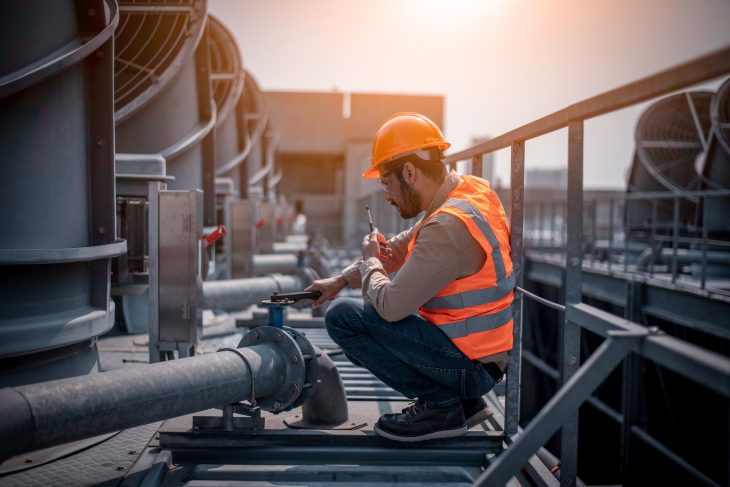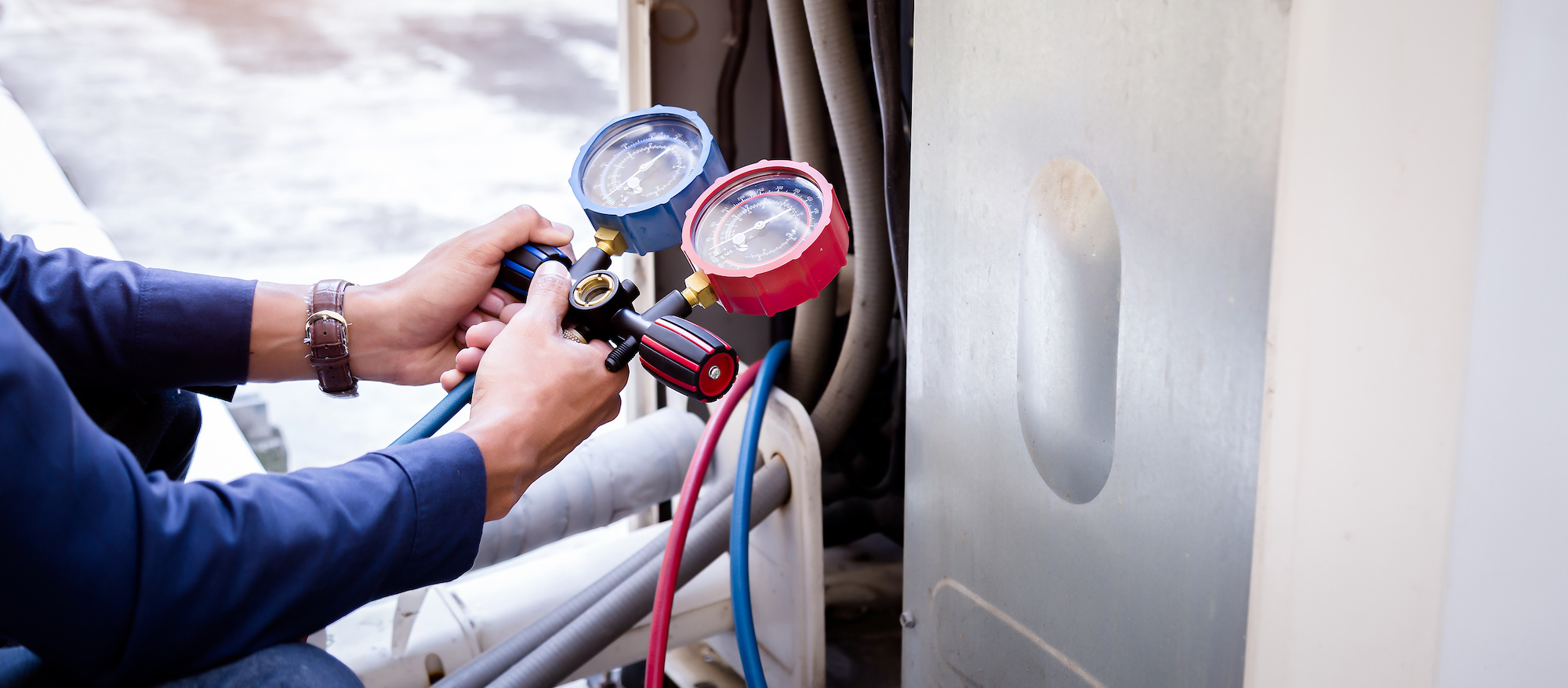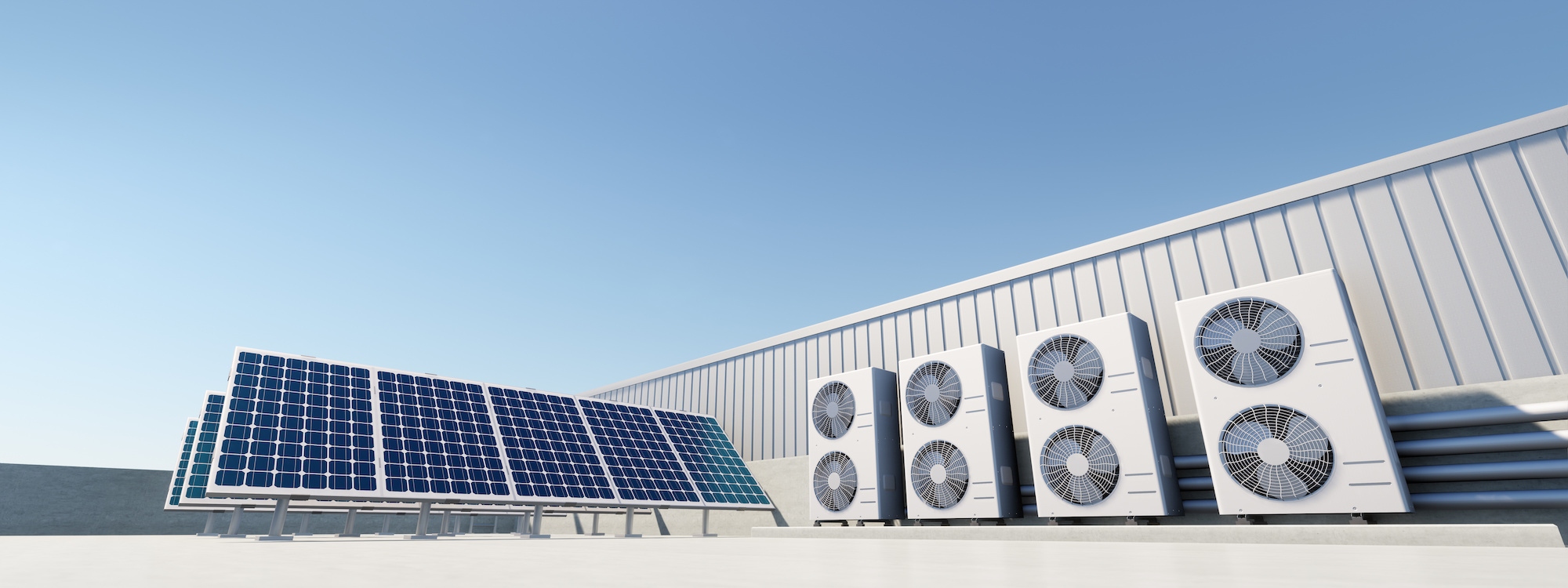
Heating, ventilation, and air conditioning (HVAC) systems play a vital role in maintaining comfortable and healthy indoor environments. Whether you’re seeking to enhance energy efficiency, improve air quality, or gain a deeper understanding of these complex systems, this article is here to enlighten you. Let’s dive into 20 intriguing HVAC facts that will broaden your knowledge and leave you amazed at the intricacies behind these essential technologies.
HVAC Defined
HVAC stands for Heating, Ventilation, and Air Conditioning. It encompasses a broad range of systems and technologies designed to control indoor temperature, humidity, and air quality.
Energy Efficiency Matters
Efficient HVAC systems can significantly reduce energy consumption and lower utility bills. Investing in energy-efficient models can lead to substantial long-term savings.
Size Matters Too
Proper sizing of HVAC equipment is crucial. An oversized system will cycle on and off frequently, leading to increased energy consumption and decreased comfort.
The Ductwork Network
Ductwork is the system of channels that distribute conditioned air throughout a building. Properly designed and maintained ductwork is essential for optimal HVAC performance.
Indoor Air Quality
HVAC systems play a vital role in maintaining indoor air quality. They filter out pollutants, allergens, and dust, ensuring a healthier living and working environment.
HVAC and Humidity Control
HVAC systems can regulate humidity levels, helping to prevent mold growth, reduce allergens, and maintain a comfortable indoor environment.
The Thermostat Magic
Thermostats are the control centers of HVAC systems. Programmable thermostats allow you to set temperature schedules, maximizing comfort and energy savings.
The Cooling Refrigerant
Refrigerants, such as R-410A, are crucial components in air conditioning systems. They absorb heat from indoor air, cool it, and then release it outdoors.

Heating with Heat Pumps
Heat pumps are versatile HVAC systems that can provide both heating and cooling. They extract heat from the outdoor air during winter and reverse the process during summer.
The Air Filter Function
Air filters in HVAC systems trap dust, debris, and allergens, preventing them from circulating in the indoor air. Regular filter replacement is essential for optimal performance.
Geothermal HVAC Systems
Geothermal systems utilize the earth’s natural heat to provide efficient heating and cooling. They tap into stable underground temperatures for year-round comfort.
Smart HVAC Technology
Advancements in technology have led to the emergence of smart HVAC systems. These systems can be controlled remotely, optimize energy consumption, and even learn users’ preferences.
Zoning for Efficiency
Zoning allows for customized temperature control in different areas of a building. It enhances comfort and saves energy by directing conditioned air only where it’s needed.
HVAC Maintenance Matters
Regular HVAC maintenance ensures optimal performance, extends the system’s lifespan, and reduces the likelihood of costly breakdowns.
Noise Reduction Techniques
Modern HVAC systems incorporate noise reduction technologies, making them quieter and more pleasant for occupants.
Energy Recovery Ventilation
Energy recovery ventilation systems capture and exchange heat or coolness from exhaust air to incoming fresh air, enhancing energy efficiency.
HVAC and Green Building Design
HVAC systems play a significant role in green building design. Energy-efficient HVAC solutions contribute to sustainable construction practices.

The Evolution of HVAC
Over time, HVAC systems have evolved to become more efficient, environmentally friendly, and technologically advanced, improving comfort and reducing energy consumption.
HVAC and Indoor Plants
Indoor plants not only beautify spaces but can also improve indoor air quality by naturally filtering and purifying the air.
The Future of HVAC
The future of HVAC holds exciting prospects. From enhanced energy efficiency to integration with renewable energy sources, innovation continues to shape the industry.
Conclusion
Understanding HVAC systems and their underlying principles is key to maximizing comfort, energy efficiency, and indoor air quality. These 20 HVAC facts have provided valuable insights into the world of heating, ventilation, and air conditioning. From the importance of proper sizing and maintenance to the role of technology and sustainability, HVAC systems are an essential aspect of modern living.
Frequently Asked Questions (FAQs)
How often should I replace my HVAC air filters?
It is recommended to replace HVAC air filters every 1-3 months, depending on factors such as filter type, air quality, and system usage.
Can I install an HVAC system myself, or should I hire a professional?
HVAC system installation requires specialized knowledge and skills. It is strongly recommended to hire a professional HVAC technician for proper installation and to ensure optimal performance.
How can I improve the energy efficiency of my existing HVAC system?
You can improve energy efficiency by scheduling regular maintenance, sealing air leaks in ductwork, upgrading to a programmable thermostat, and considering insulation improvements.
What is the average lifespan of an HVAC system?
The average lifespan of an HVAC system varies depending on factors such as maintenance, usage, and quality. On average, a well-maintained system can last 15-20 years.
Are there any tax credits or rebates available for energy-efficient HVAC systems?
Yes, there are often tax credits and rebates available for the installation of energy-efficient HVAC systems. Check with your local government or utility company for available incentives.
Was this page helpful?
Our commitment to delivering trustworthy and engaging content is at the heart of what we do. Each fact on our site is contributed by real users like you, bringing a wealth of diverse insights and information. To ensure the highest standards of accuracy and reliability, our dedicated editors meticulously review each submission. This process guarantees that the facts we share are not only fascinating but also credible. Trust in our commitment to quality and authenticity as you explore and learn with us.
